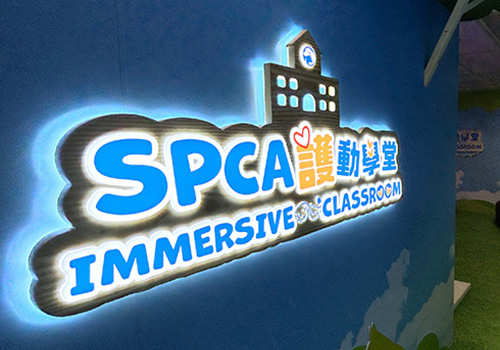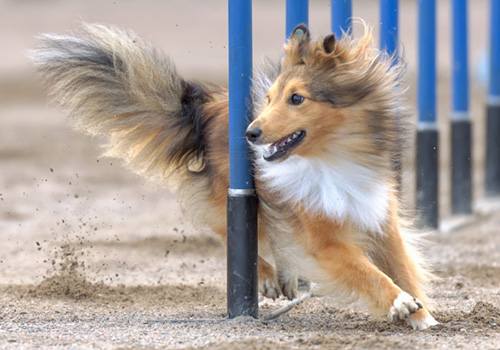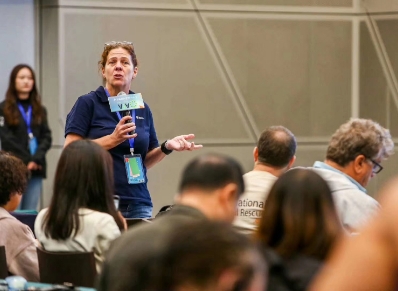Mongrel Desexing Programme
Many dogs can be found wandering around construction sites and villages across Hong Kong, allowed to breed freely. The dogs are vulnerable to disease, accidents and malnourishment while their puppies are often abandoned.
Birth control is key to reducing the stray animal population, helping both the dogs and the communities in which they live. To this end, we launched the Mongrel Desexing Programme to provide free neutering services to stray dogs.
Mongrels can be spayed and neutered at our Welfare Desexing Clinic located in our Tsing Yi Centre. To be eligible, dogs must be:
- Mongrels
- Aged between four months and seven years
- Healthy and a healthy weight
We also offer free-of-charge rabies vaccinations and dog licensing to encourage responsible dog ownership.
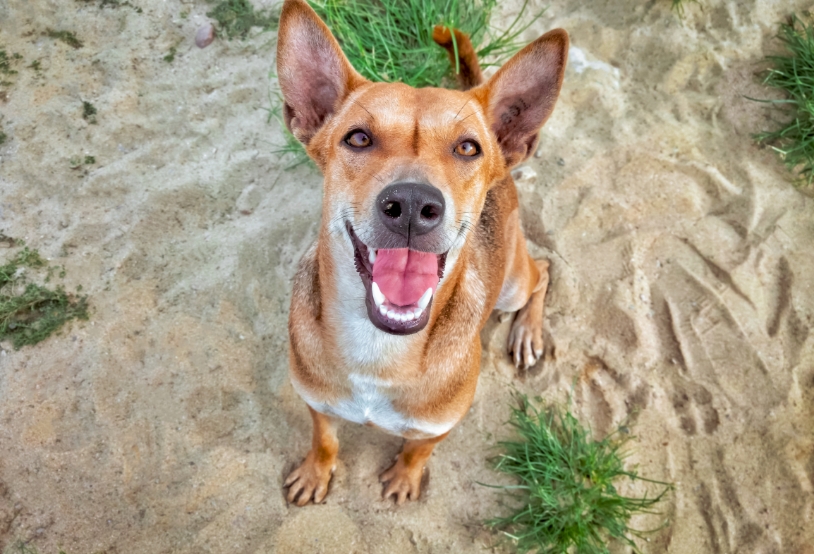
Booking is easy. Simply call
2593 5438 for our TSING YI CENTRE or
2232 5513 for our Animal Welfare Vehicle.
Some terms and conditions do apply though:
- A mongrel dog is defined as not a pedigree dog or not an obvious cross breed.
- The determination of the dogs’ breed is at the discretion of SPCA veterinary surgeon.
- If the dog fails to qualify for the programme, desexing is still possible but normal desexing fees will be applied.
- Allocation of desexing slots will be done on a first come first served basis. There are limited slots available.
- Due to limited slots, the owner/agent must request for a mongrel desex at the time of booking; it cannot be applied for on the desexing day or after surgery.
- Failure to turn up or over applying for slots, may result in applicants/owners being barred from future use of the programme.
- Dogs de-sexed under this scheme must be identifiable by microchip. If the dog is not already microchipped and licenced or will not be micro-chipped and licenced then an ISO microchip will be implanted purely for identification purposes. This is a compulsory requirement of the scheme.
- The SPCA reserves the right to alter the terms and conditions of this scheme and its determination on the right to use the SPCA’s services is final.
- The English version of these Terms and Conditions shall prevail wherever there is a discrepancy between the English and the Chinese versions.
More to Read
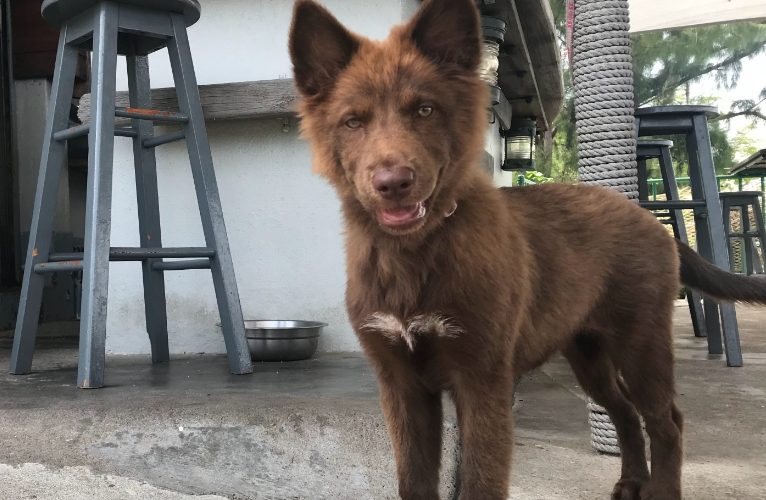
Community Education / Animal Birth Control Week on Peng Chau
Like many villages and rural areas in Hong Kong, Peng Chau faces the issue of animal overpopulation. Residents have to deal with noise pollution and poor hygiene in the streets while the animals themselves suffer from overcrowding …
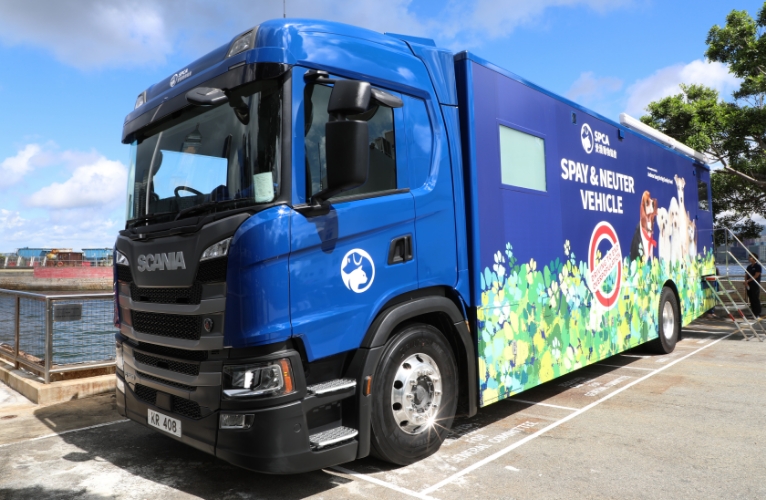
Animal Welfare Vehicle
The problem of dog and cat overpopulation is particularly prevalent in the New Territories and on many of the outlying Islands where animals are “loosely owned”, seldom desexed, and allowed to wander freely.
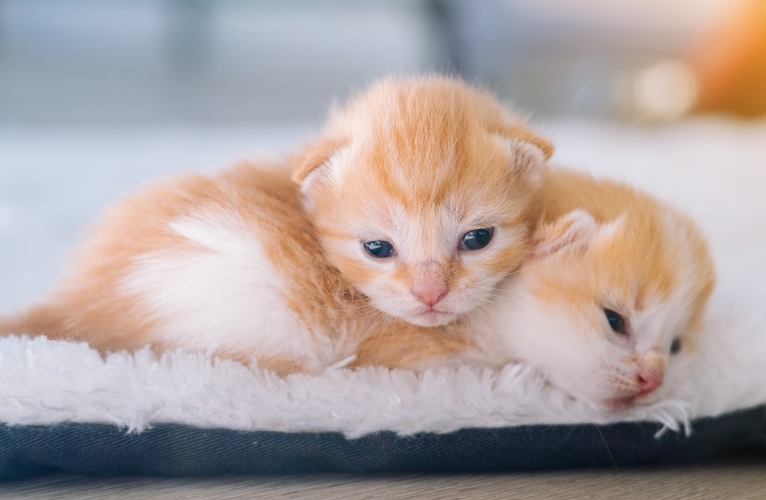
Animal Birth Control
Tens of thousands of stray or unwanted animals are born every year in Hong Kong, the offspring of abandoned or unneutered pets that are left to roam and reproduce freely. Life on the street can be tough; these animals are vulnerable to ...

Desex your Pet
Neutering is the surgical removal of part or all of an animal’s reproductive organs. In Hong Kong, neutering is sometimes called “desexing”. A more specific term for this procedure is “spaying” for female animals and “castration” for males.
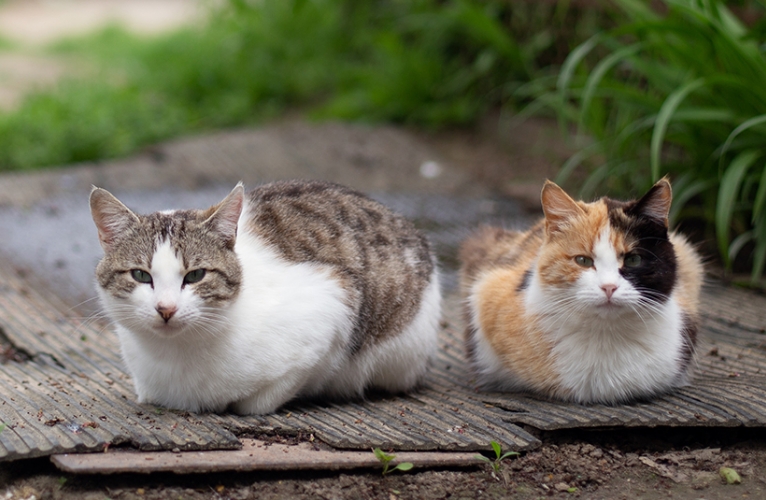
Cat Colony Care Programme
Started in August 2000, SPCA’s Cat Colony Care Programme (CCCP) was begun as a response to the increasing number of street cats in Hong Kong. It combines the SPCA’s resources with the energy of Hong Kong’s numerous cat lovers in a ...
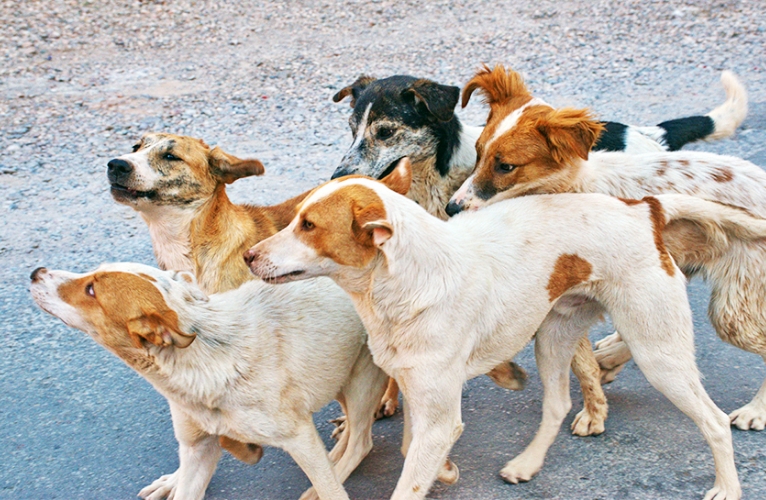
Community Dog Programme
In 2005, we expanded our animal birth control programmes, setting up the Community Dog Programme to better address the issue of dog overpopulation.
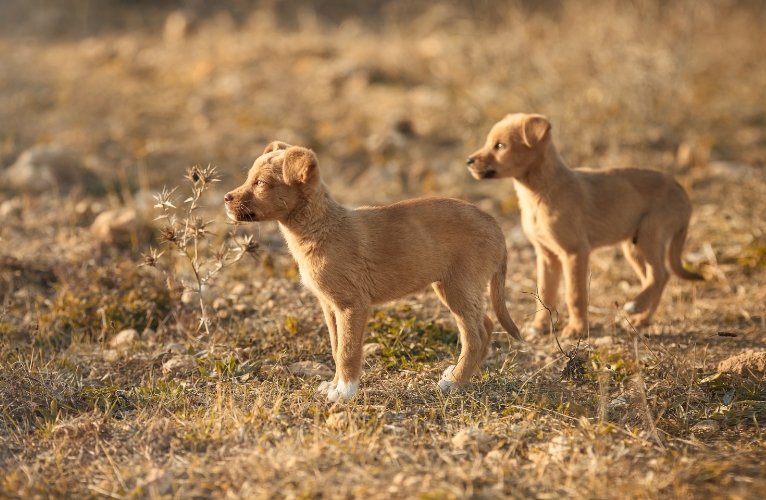
Mongrel Desexing
Many dogs can be found wandering around construction sites and villages across Hong Kong, allowed to breed freely. The dogs are vulnerable to disease, accidents and malnourishment while their puppies are often abandoned.

